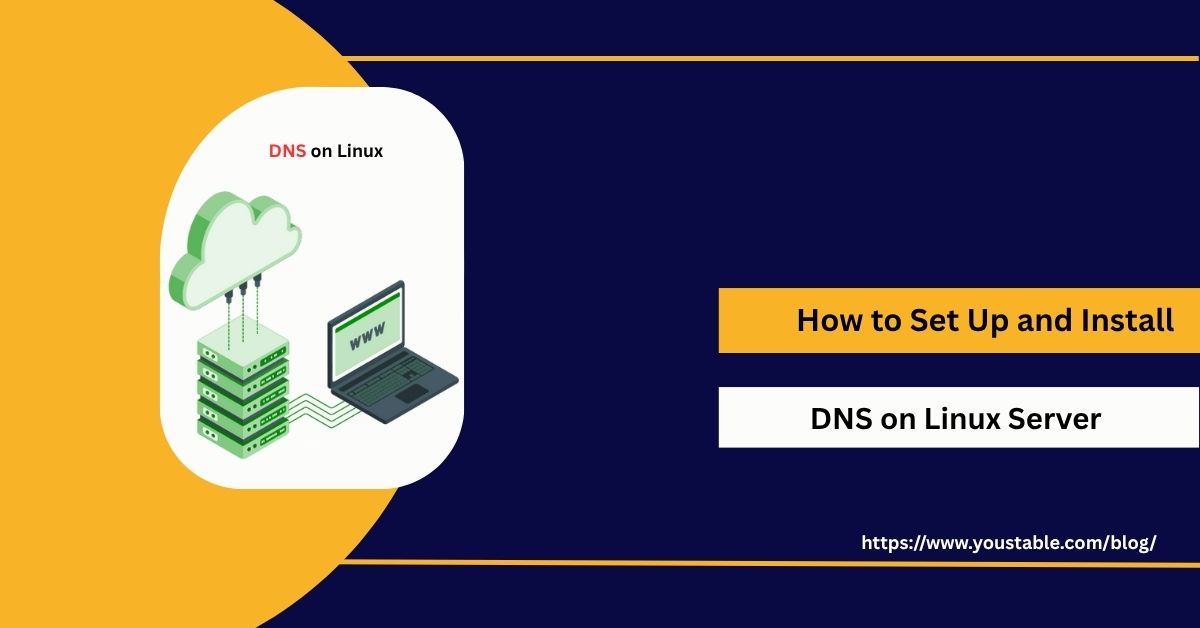VPS hosting is a popular choice for businesses and developers seeking more control over their hosting environment without the expense of dedicated servers. By choosing Linux as the operating system for your VPS, you benefit from an open-source, secure, and highly customizable solution. If you’re wondering how to set up VPS server, Linux offers an […]
Author: Himanshu Joshi
DNS (Domain Name System) is the backbone of the internet, translating domain names example.com into IP addresses that computers can understand. Whether you’re setting up a DNS server for a website, a local network, or for improved DNS resolution, installing DNS on a Linux server can be a powerful way to enhance your network’s performance […]
Automating tasks is one of the most effective ways to manage Linux servers. To do this, you can install cron jobs, which provide an efficient way to schedule repetitive tasks such as backups, system updates, or script execution. Installing cron jobs ensures these tasks run automatically at specified intervals, enhancing server management and minimizing manual […]
Securing your Linux server is essential to protect it from malicious attacks and unauthorized access. One of the most effective tools for enhancing server security is a firewall, and installing CSF (ConfigServer Security & Firewall) is a widely used option. You can install CSF Firewall and manage advanced security features, and configure protective measures to […]
In modern web infrastructure, ensuring high availability and scalability is essential to meeting the demands of a growing user base. To achieve this, you can install load balancer to distribute incoming network traffic across multiple servers, improving performance, reliability, and fault tolerance. Installing a load balancer helps optimize resource utilization and ensures uninterrupted service even […]




